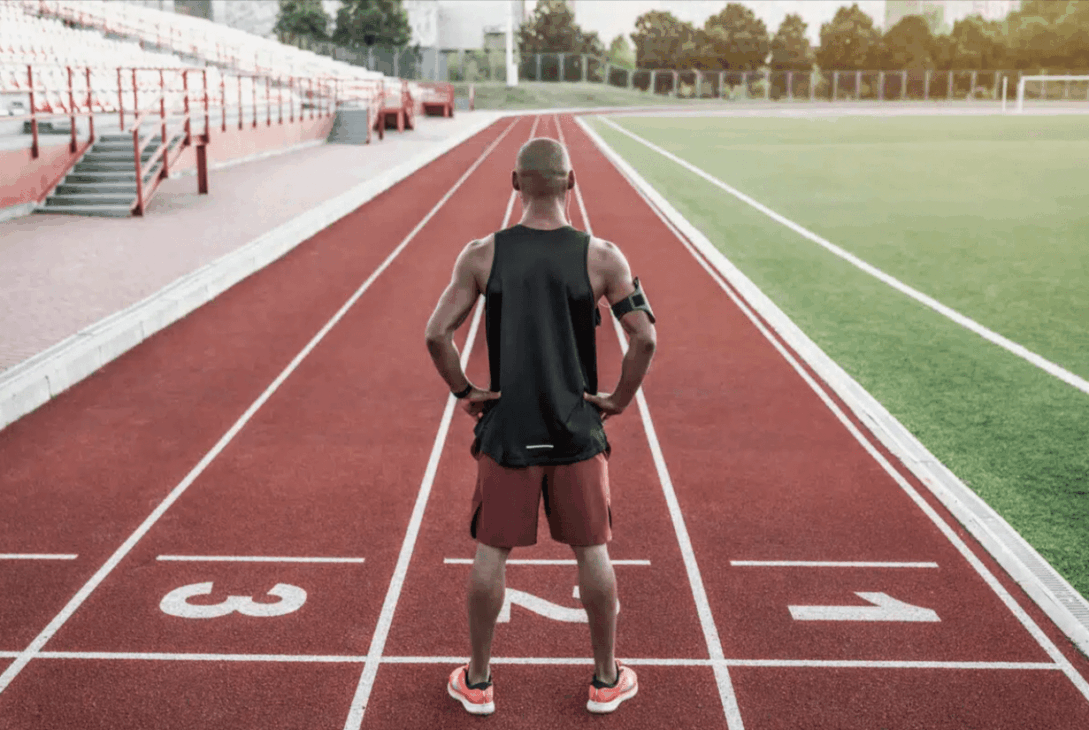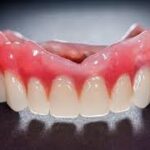Injuries are a challenging part of any athlete’s journey. Beyond the physical pain, injuries often take a toll on an athlete’s confidence and mental well-being. Returning to training and competition after time off can feel intimidating, especially with the fear of re-injury lingering in the back of the mind. Sports medicine Idaho Falls plays a crucial role not just in physical healing, but in helping athletes rebuild their confidence and trust in their bodies.
Guiding Safe and Structured Recovery
One of the biggest confidence boosters for injured athletes is having a clear, structured recovery plan. Sports medicine specialists carefully design rehabilitation programs that progress in safe, manageable steps. These professionals monitor healing, track progress, and adjust exercises to match the athlete’s current capabilities. Having expert guidance takes away the uncertainty of recovery. Athletes can see their improvement week by week, which builds reassurance that they are healing properly and moving closer to their goals.
Rebuilding Strength and Physical Capability
Confidence often grows as athletes start to feel strong again. Sports medicine teams focus on gradually rebuilding strength, endurance, and mobility to restore the body’s full function. As athletes regain physical capabilities they may have lost during injury, their belief in their ability to perform naturally returns. Regaining strength also reduces the risk of future injuries, which helps athletes trust their bodies again and approach their sport with more assurance.
Addressing Mental and Emotional Barriers
Sports medicine professionals understand that recovery is as much mental as it is physical. Fear of re-injury is common, and it can make athletes hesitant to push themselves even after they are physically healed. Sports medicine specialists often work closely with sports psychologists or incorporate mental strategies like visualization, goal-setting, and relaxation techniques to help athletes overcome these emotional barriers. By addressing the mental side of recovery, athletes can rebuild the courage and confidence needed to compete again.
Providing Education and Injury Prevention Strategies
Knowing how to prevent future injuries can also be empowering. Sports medicine specialists educate athletes about proper technique, training modifications, and body mechanics to help protect them from setbacks. This knowledge gives athletes a sense of control over their health and performance. Feeling prepared and informed reduces anxiety and allows them to focus on their sport instead of worrying about getting hurt again.
Celebrating Milestones and Progress
Recognizing small victories along the way is another powerful confidence builder. Sports medicine teams encourage athletes to celebrate milestones, whether it’s regaining full range of motion, completing a challenging drill, or returning to competition. These positive reinforcements help athletes see how far they’ve come, which builds motivation and confidence to keep moving forward.
Recovering from an injury is never easy, but sports medicine provides the tools and support athletes need to regain both physical strength and self-belief. Through structured rehabilitation, mental support, education, and consistent encouragement, sports medicine professionals help athletes return not just to their sport—but to it with renewed confidence and resilience. With the right care, an injury can become a turning point that makes an athlete stronger in every way.





